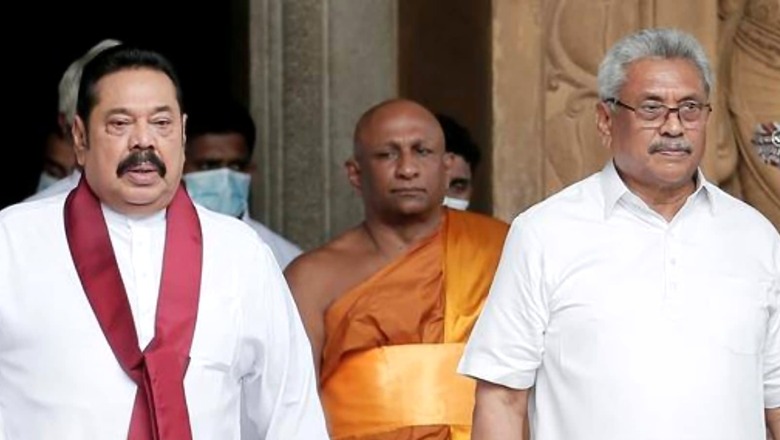
views
The year 2009 was the highest point in both personal and political lives of Mahinda Rajapaksa. As the first-time President of Sri Lanka, Rajapaksa had destroyed world’s most powerful and ruthless terrorist organisation Liberation Tigers of Tamil Eelam (LTTE), ending a 30-year-long bloody civil war. That unbelievable victory had elevated his stature both at home and abroad. The entire Rajapaksa clan was basking in the glory. They had no rivals to unseat them. Euphoric and ecstatic supporters started to describe him as the reincarnation of the legendary king Dutugemunu.
Even his controversial astrologer Sumanadasa Abeyagunavardane had famously said “Twenty-five years ago, I said there would be a hero-king from Ruhuna. Now he’s the one we believe, President Mahinda Rajapaksa”.
According to GroundViews website, the total transformation took place like this: Democracies have citizens. Kings need subjects. Absolutist monarchs need absolutely servile subjects. Mahinda Rajapaksa is hailed as the ‘Lion in the Lion Flag’, ‘Father of the Nation’, ‘Wonder of the World and the Universe’, ‘Golden Sword which defends the nation’, ‘Golden Thread which unites sundered hearts’, ‘Leader who conquered the World’ and ‘The Sun and the Moon to a country which defeated Terror’. He has been proclaimed by the Sangha as the ‘Universally Renowned Lord of the Three Sinhala Lands’.
“Words can be like tiny doses of arsenic,” cautioned Victor Klemperer[viii]. The unceasing outpouring of servility which is Rajapaksa propaganda aims at transforming critical and irreverent citizens into mindlessly obedient ‘good subjects’.
Days after the Presidential election of 2010, the victorious Rajapaksas attended a state sponsored musical show, ‘Jaya Jayawe’. The final panegyric of that evening was dedicated to the President’s mother. As the songstress crooned, “Mother, are you watching from heaven, as the Son, whom the gods and the Brahmas sent to your womb from golden palaces, is protecting the Nation?” state TV showed the said ‘heaven-sent son’, President Mahinda Rajapaksa listening with manifest complaisance. His matter-of-fact demeanour indicated that he considered such idolatrous outpouring to be his due. It was the attitude of a man who sincerely believes that absolute power and lifelong rule are his right and will do anything to prevent anyone from interfering with this destiny – be it ordinary citizens, the war-winning army commander or the chief justice.
Riding high on huge popularity, Mahinda advanced the Presidential elections and won handsomely by defeating his Army chief Sarath Fonseka. Once the peace returned to the island nation, global businessmen landed there looking for big investment opportunities. China, with its bottomless pockets and an aim to establish a base in the Indian Ocean closer to India, started courting the Rajapaksa family, promising an overall development of the nation.
Shrewd Rajapaksas realised that dealing with China would help them both financially and politically. The death of LTTE had already lessened Sri Lanka’s dependence on India and the Rajapaksa-led island was ready to embrace the new world order.
After the end of Tamil Eelam war, the majority Sinhalese Buddhist people comprising 70% of the total population threw their might behind the Rajapaksa clan almost elevating to the status of demi-gods.
The Rajapaksa clan thrived on Sinhalese Buddhist nationalism. The emboldened majority started asserting itself dictating the terms to minority Tamils and Muslims. It suited the politics of Rajapaksa and they also encouraged it. Between 2010 and 2015, they amassed enormous wealth and power. Their total disregard for the rule of law, contempt for the democratic opposition, extra judicial killings, abductions, judicial manipulations and media muzzling have also earned them a bad name during that period.
The opposition came together to defeat the Rajapaksa clan, and in the 2015 January Presidential elections, Mahinda Rajapaksa suffered a shock defeat at the hands of his own agriculture minister Maithripala Sirisena. The new government had vowed to permanently end the rule of the Rajapaksa clan. Mahinda declared that he would come back to rule again. The new national government faltered from Day 1, and in 2019, Rajapaksas were back in power. Actually, they were much stronger and many thought they would be in power for a long time. The Easter Bombings of 2019 also played a major role in their big win.
To their misfortune, Covid-19 struck and ravaged the economy of the island nation soon after. President Gotabaya, full of hubris and no real experience in handling a sensitive matter like economy, did not listen to saner voices both within and outside. Just to stay in power at any cost, the Rajapaksas dismissed all charges against them as bogus that finally forced the people to protest against them.
The same people who were once cheering the Rajapaksa clan as the saviours of Sri Lanka have turned against them calling them “traitors”. They are baying for their blood and the ruling family is hiding to save their lives.
The carefully built invincible image of Rajapaksa now lays in tatters. Their ignominious exit from power has destroyed all the myths built around the family.
Ground reports suggest that they may not survive this political and economic earthquake.
Read all the Latest News here












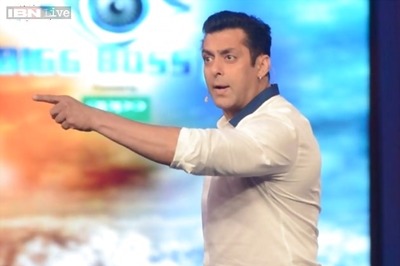


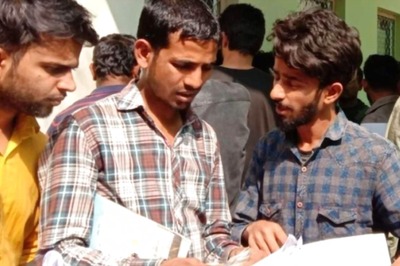
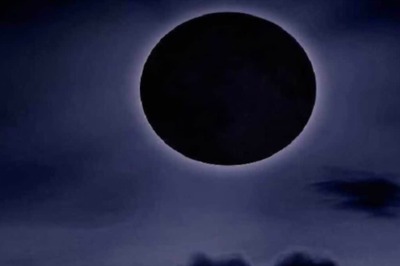


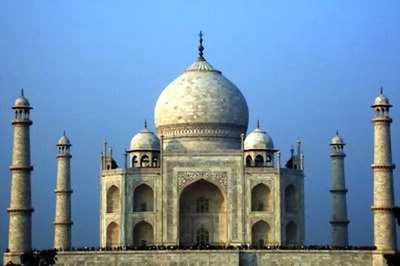
Comments
0 comment